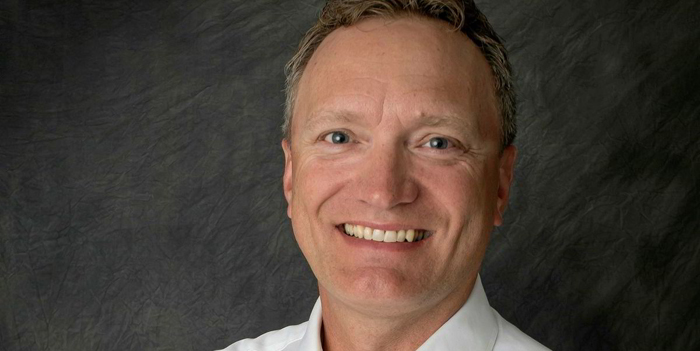Aquaculture a new investment frontier
For those of us who are always on a diet, fish are great. For those of us who are also concerned about preserving the world’s wildlife, farmed fish are even greater. Aquaculture has become one of the world’s fastest-growing industries, including in Australia and New Zealand.
In a presentation to a group of investors in Sydney last week (February 27), Stafford Capital Partners, an Australian-based global private equity firm, introduced Thor Talseth, a founding partner of Neptune Partners. The firm is the world’s first fund manager to invest solely in aquaculture. Stafford helped fund its development, partnering in July 2019. The first ‘close’ was for just $38 million and the manager has made just one investment for the initial Neptune fund. The future, however, looks a lot bigger than that.
A native of Norway who lives in New York, Thor said the growth for the whole industry had been at least 10 per cent a year for the last 30 years. It now totalled about 180 million tonnes of “seafood” (it’s actually not all from the sea), but this was only 3 per cent of all food consumption. The story is that aquaculture has a long way to go. Seafood is also by far the cheapest form of high-quality protein.
“It’s the most sustainable of all animal protein by far,” Thor said. “And the growing middle class around the world is behind a shift from unhealthy protein to healthy protein.” That’s the bit relating to those of us who are always on a diet.
From an investment perspective, there were only about 200 public aquaculture companies in the world and only 30-40 of them were of a sufficient size to be investable by big super funds. The opportunity, therefore, was in the private space.
Stafford is an ESG-friendly firm that invests within what it believes are ‘mega trends’. One of these, unsurprisingly, is resource scarcity. “We directly touch 10 out of the 17 Sustainable Development Goals (the United Nations’ SGGs which the investment world is looking to marry into),” Thor said.
“Of the 950 investable aquaculture companies we look at, about 150 have ‘platform potential’,” he said. “We are building investment strategies for 25 of them. We have so far made one investment and we are close on four others. Our typical investment is between US$25-75 million.”
Australia has a strong demand for seafood, which we often think is in abundance, but the scientists will tell us otherwise. There is also an environmental aspect to farmed fish. For instance, Tasmania produces something like 90 per cent of Australian-consumed salmon. But there is a battle going on between conservations and fish farmers. The problem is fish poo a lot (not something you would ordinarily think about) and their faeces pollute the ocean floor. It’s become an issue in Tasmania.
Thor said: “We have a global outlook. We know how the industry has developed in Norway, form more than 20 years ago, and Chile and with shrimp farming in China. The problem with Tasmania was that too many salmon farms were allowed to be too close to the shallow waters of the coast. You have to move them out to deeper waters.” He admitted that deeper waters, while more environmentally friendly, were also more expensive to navigate.
– G.B.










